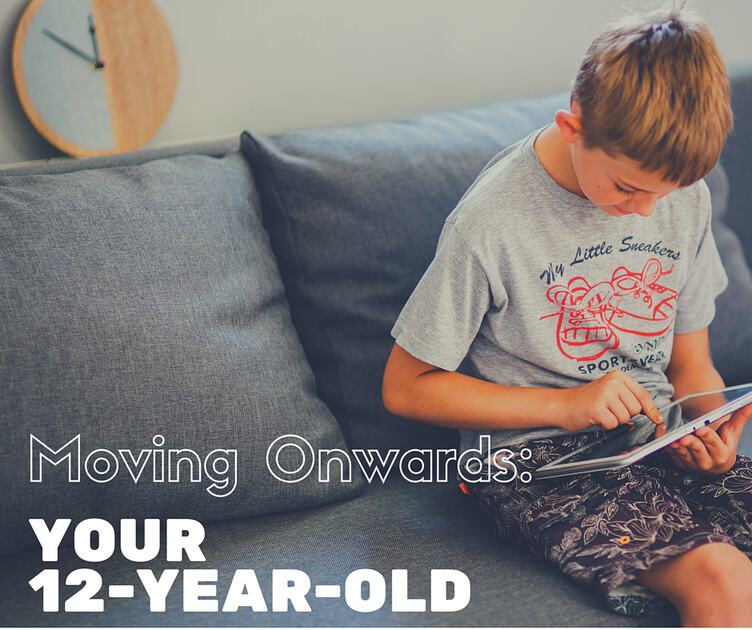
You’ve supported your child for over a decade, and your son or daughter is fast approaching their teenage years. What can you expect in the last year before teenhood, and how can you help your child through it?
If you have a son, physically, he is growing quickly and may gain up to 4 inches in height this year; this might make him clumsy and, since different parts of his body grow at different rates, gangly. He’ll gain body hair, and his voice will change. Generally, if you have a daughter, she will get her growth spurts around a year earlier, but age twelve is the average age to start menstruating. The combined effects of rapid growth and increased demands at school leave both genders needing more sleep – nine or ten hours a night – so you might find yourself dragging your child out of bed.
Boys and girls are on an emotional roller coaster some days as their desires to be independent are hampered by puberty’s hormonal effects. Concerns about self-image and fragile self-confidence lead to moods and childish behavior. Your child is more likely to push the boundaries by ignoring you, breaking the rules, outright rebellion, or indulging in risky behavior. This is when you most need patience and understanding, especially since they’re expressing their affection less frequently and may prefer to be with friends rather than family.
Cognitively, your child can express their feelings better when they talk and can work their way through more complex problems. This, combined with a stronger sense of right and wrong, can lead to challenging but rewarding conversations as you appeal to their sense of reason and consult them on family decisions.
There are several things you can do to support your twelve-year-old. Reinforcing appropriate boundaries without overreacting to bad behavior, recognizing the validity of their thoughts and feelings, and being honest about sensitive subjects such as sex and drugs will give them the stability to resist any negative peer pressure.
You will help your child develop their academic skills and build their self-esteem and resilience to failure by being involved in their educational efforts, communicating with their teachers if necessary, providing them with support and opportunities, and praising their effort and achievement.
Peer pressure is strong at this age, and by getting to know their friends, you can judge when and what interventions might be needed to help your child steer a straight path. Talk to your twelve-year-old about risky behavior and give them strategies to deal with potentially dangerous situations, whether they’re using the internet or being pressured into drinking. Having an emergency plan for when they’re out with their friends lets them know that you’re there for them and gives them the confidence to stand by their principles. This is also the time to reinforce ideas around positive body image and a healthy lifestyle, including eating and sleeping patterns, and help them understand the physical changes their body is going through are normal.
Being not-quite-a-teenager is a confusing time for a child. Your support and guidance can keep your son or daughter on the right track emotionally, physically, socially, and academically and give them the best chance for a bright future.


